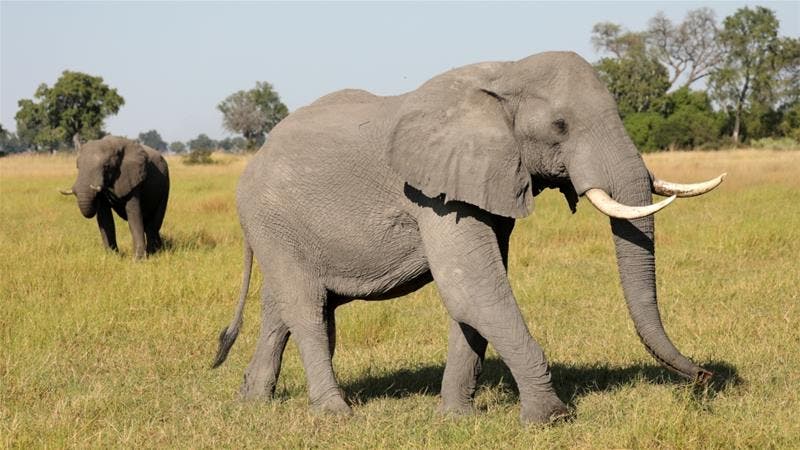A group of researchers has proposed to create the first universally recognized list of species on Earth, from mammals and birds to plants, fungi, and microbes. This would help to end centuries of disagreement over how to classify them, as well as improve global efforts to tackle challenges to biodiversity.

Biologists have never reached an agreement over what constitutes a species, the most basic classification of an organism. This has led to national governments, researchers, and conservation organizations to use separate list of species with different taxonomic descriptions.
And this has consequences — for example in the case of the African elephant. Studies have shown there could be two species of the African elephant, the forest elephant and the savanna elephant, but most conservation organizations such as the International Union for Conservation of Nature (IUCN) only recognize one.
“The general public are identifying with these entities they call species and they think they’re real biological, natural units rather than being a slice in time that is a human construct,” the lead author Stephen Garnett, a professor of conservation and sustainable livelihoods at Charles Darwin University in Australia, told The Guardian.
One of the most used definitions of species focuses on whether a group of living organisms can exchange DNA by creating viable offspring. But in several cases, the lines between species are unclear, causing disagreement between taxonomists (the scientists who discover, name, and classify species).
Also, a group of new techniques such as genomic analysis has led scientists to discover that organisms previously thought to be one species could, in fact, be several. “For probably 90% of the species, there are natural units, they don’t interbreed and they’re well behaved. But there’s 10% that are busy evolving and we have to make this decision about what is the species and is not,” said Garnett.
Alongside a group of researchers, Garnett proposed a set of ten principles for creating and governing lists of the world’s species, and a proposed governance mechanism for ensuring that the lists are well-managed and broadly acceptable. The list would be based on science, fully traceable and separate the governance of naming species from validating them.
There is currently no universally accepted way to resolve taxonomic disputes about species classifications, resulting in competing lists of organisms. Mammals and reptiles have several, while some less well-known groups have none. “The more people you have working on a group, the more lists you will have,” Frank Zachos, a co-author of the plan, told The Guardian.
The ten principles
The ten principles were published in a paper in the journal Plos Biology, which will be part of a soon to be published set of publications that will explain how a single, authoritative list of the world’s species would be governed and managed. For one, here are the ten principles:
- The species list must be based on science and free from nontaxonomic considerations and interference.
- Governance of the species list must aim for community support and use.
- All decisions about list composition must be transparent.
- The governance of validated lists of species is separate from the governance of the naming of species.
- Governance of lists of accepted species must not strain academic freedom.
- The set of criteria considered sufficient to recognize species boundaries may appropriately vary between different taxonomic groups but should be consistent when possible.
- A global list must balance conflicting needs for currency and stability by having archived versions.
- Contributors need appropriate recognition.
- List content should be traceable.
- A global listing process needs both to encompass global diversity and to accommodate local knowledge of that diversity.









